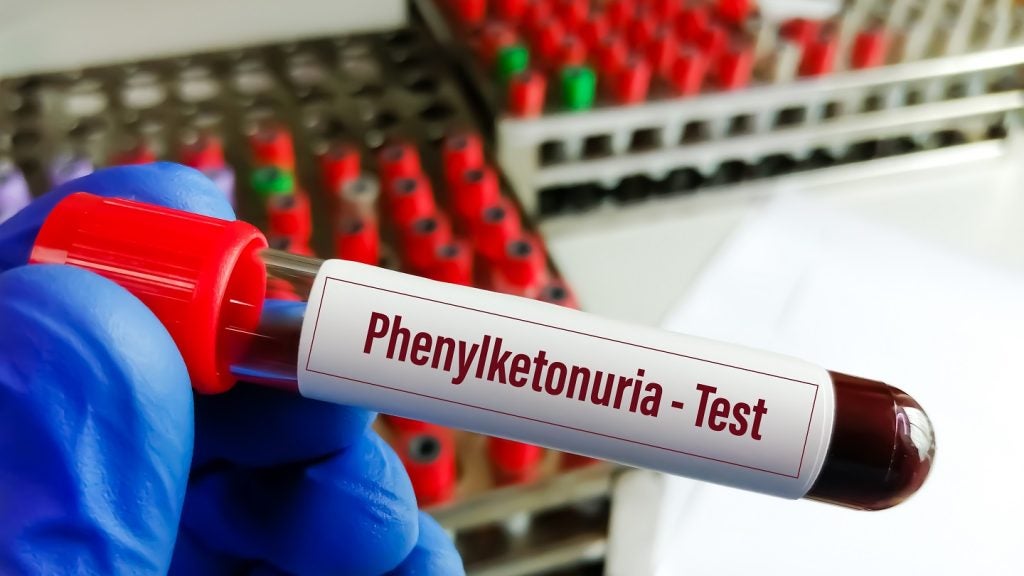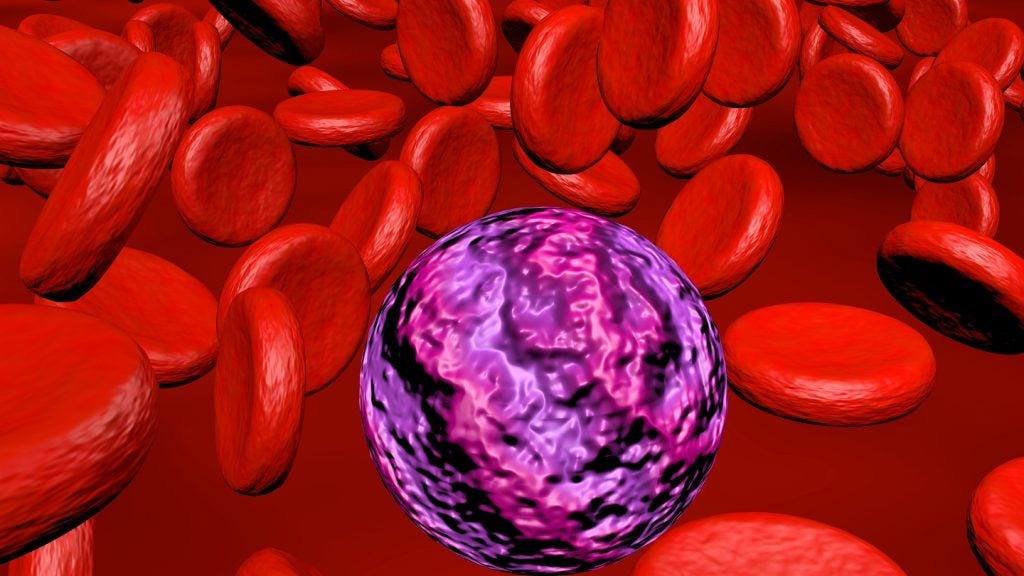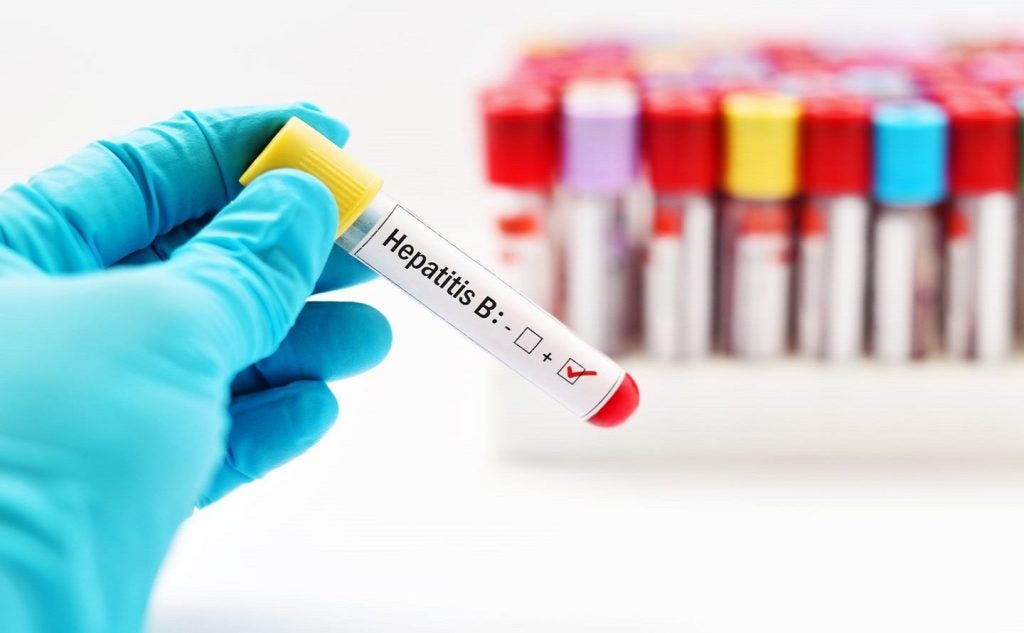US-based biotechnology company Jnana Therapeutics has reported additional data from its Phase Ia clinical trial of JNT-517 for the treatment of phenylketonuria (PKU).
The placebo-controlled, randomised trial assessed the tolerability, safety, pharmacodynamics and pharmacokinetics of the phenylalanine (Phe) transporter SLC6A19 inhibitor JNT-517 in healthy volunteers.
Patients in the single ascending dose cohort received 25mg, 50mg, 100mg and 170mg of JNT-517, while the multiple ascending dose (MAD) patients were given 25mg and 75mg two times a day.
Dose-dependent increases in 24-hour urinary excretion of SLC6A19 amino acid substrates were observed in both cohorts.
Patients in the MAD cohort who were given the 75mg dose also showed sustained JNT-517-driven aminoaciduria with a more than tenfold increase in total Phe excretion at day 14.
JNT-517 was found to be safe and well-tolerated at all dose levels, with no serious adverse events or clinically significant changes in plasma amino acid levels observed.
Jnana Therapeutics research and development head and chief medical officer George Vratsanos said: “We recently dosed the first participant in our Phase Ib study in individuals with PKU and look forward to announcing topline data in the first half of 2024.
“Further, these findings support the potential evaluation of JNT-517 in additional metabolic disorders characterised by high neutral amino acids and demonstrate clear clinical validation of our RAPID platform’s ability to identify novel binders for therapeutically important targets.”
Jnana intends to assess JNT-517's tolerability, safety and pharmacokinetics, as well as its effect on plasma and urinary Phe, in a Phase Ib study.
The company began dosing patients in the Phase Ib trial last month.
Individuals diagnosed with PKU will receive a dosage over a four-week period in the double-blind, placebo-controlled, randomised study.
Jnana aims to enrol a total of 28 patients aged 18 to 65 years from clinical sites across the US and Australia.
















